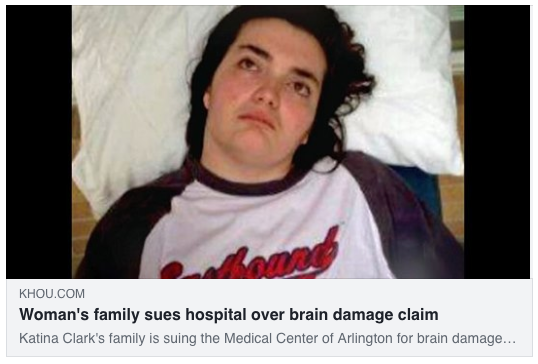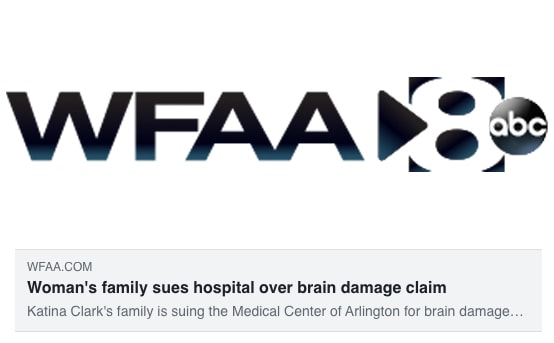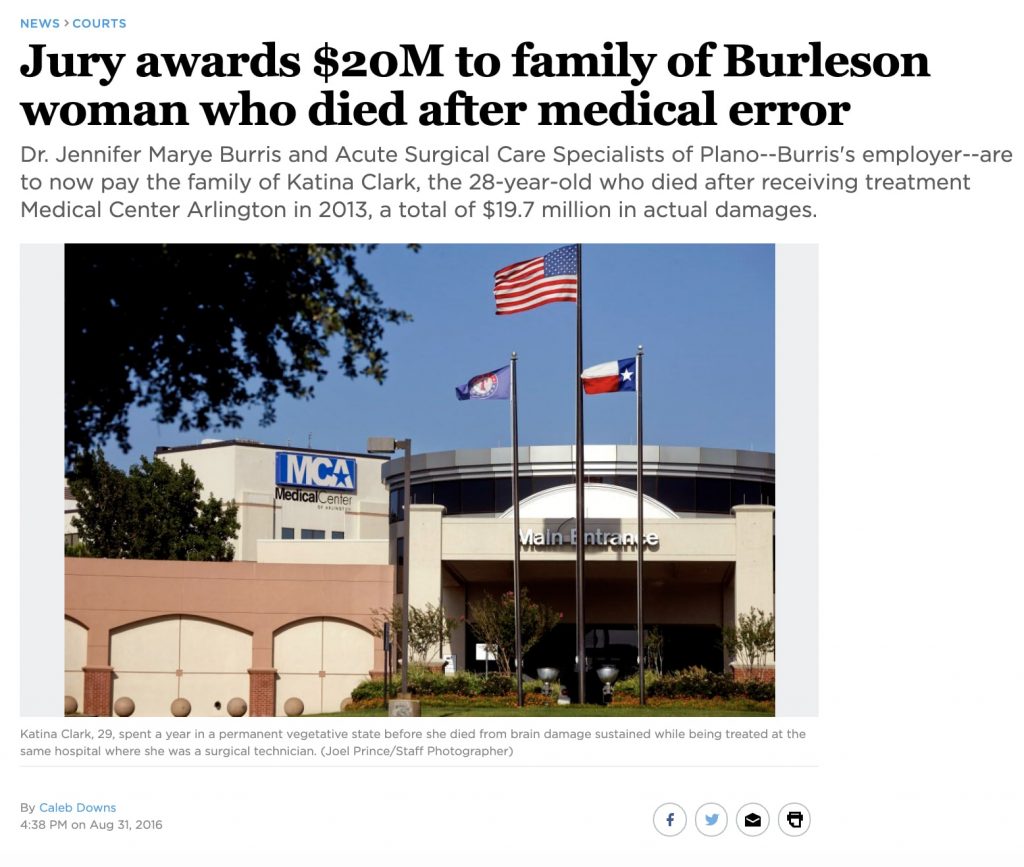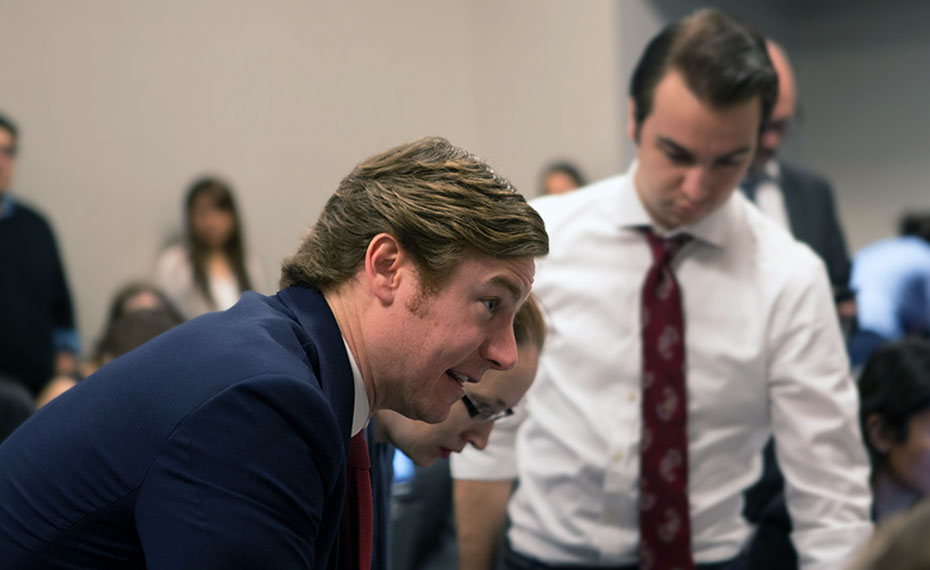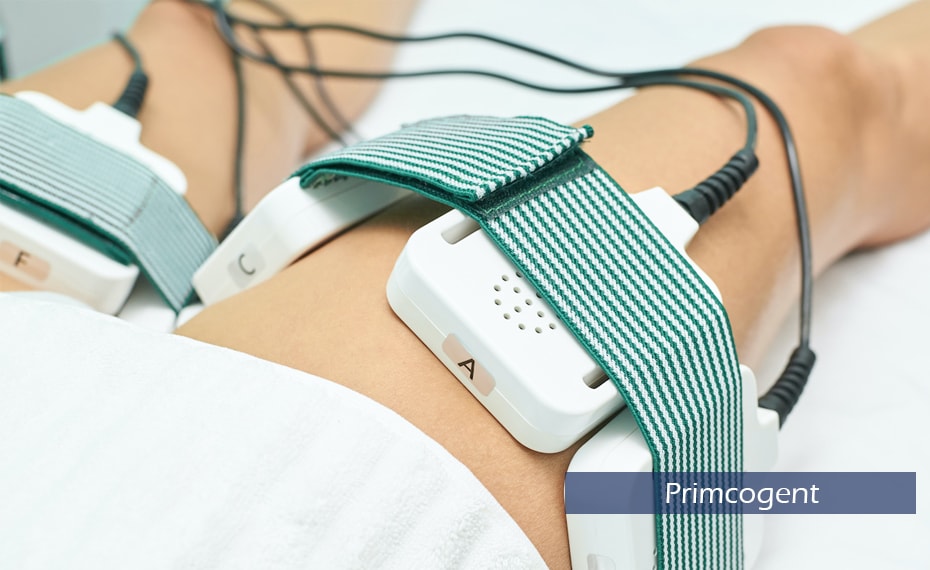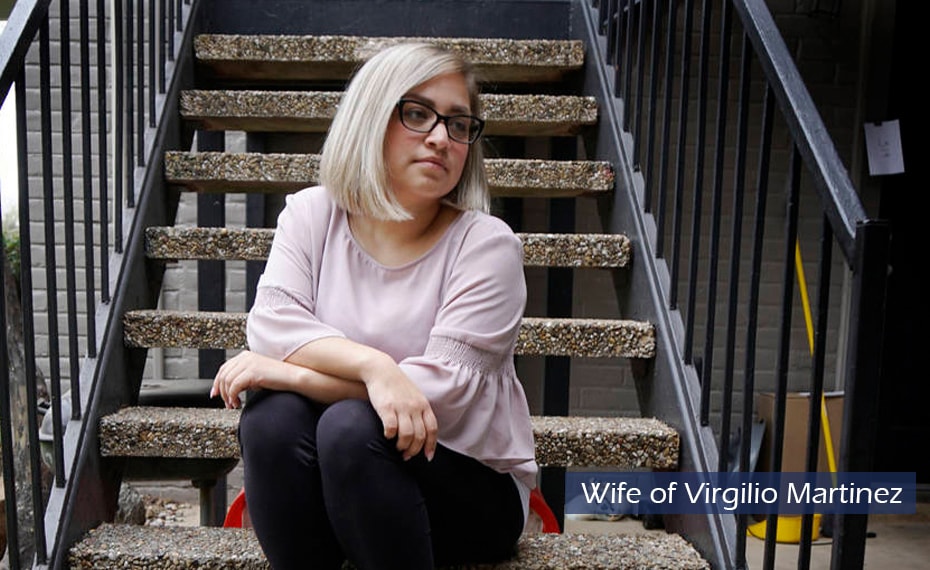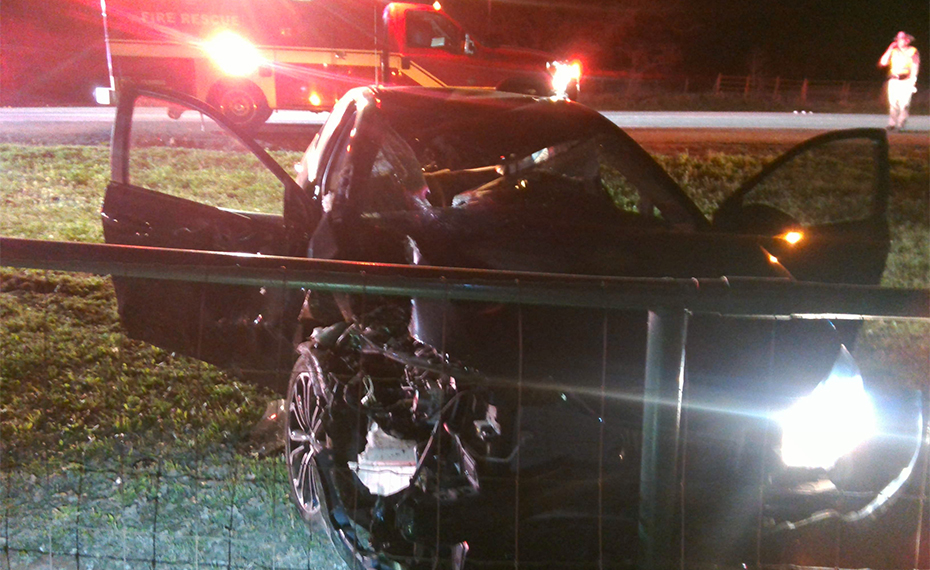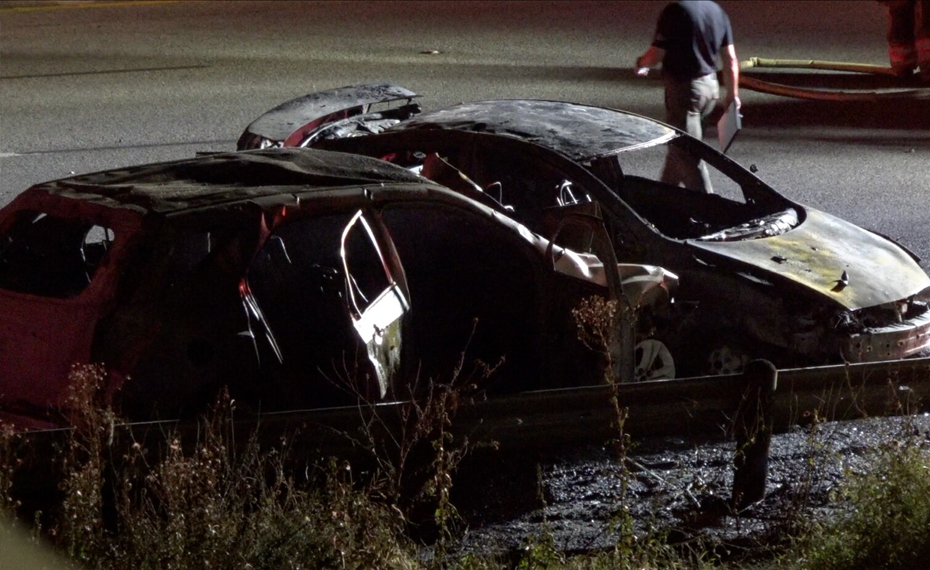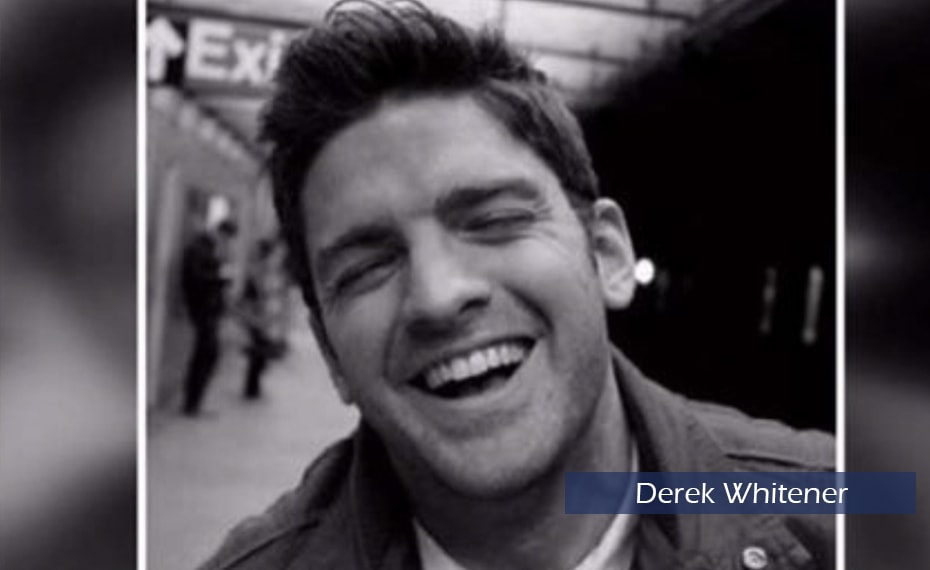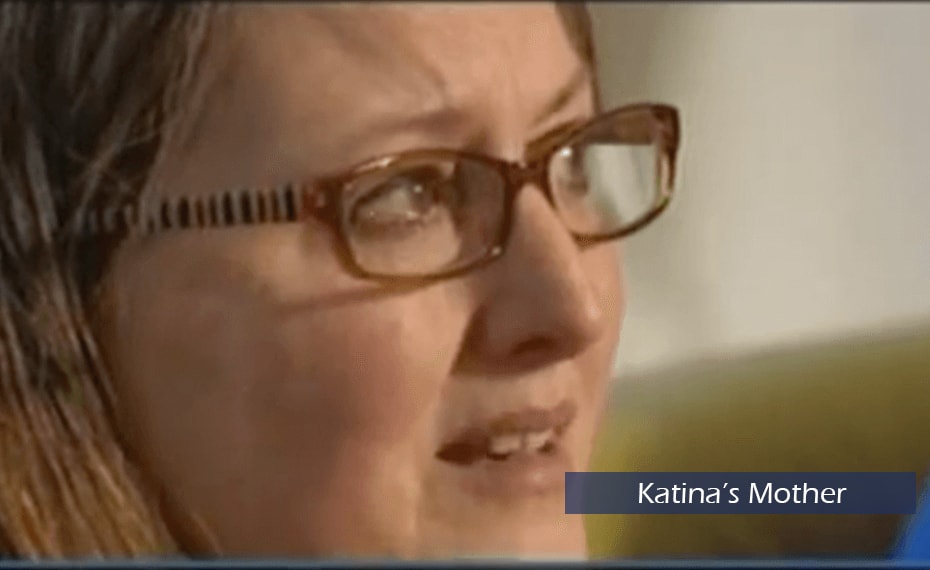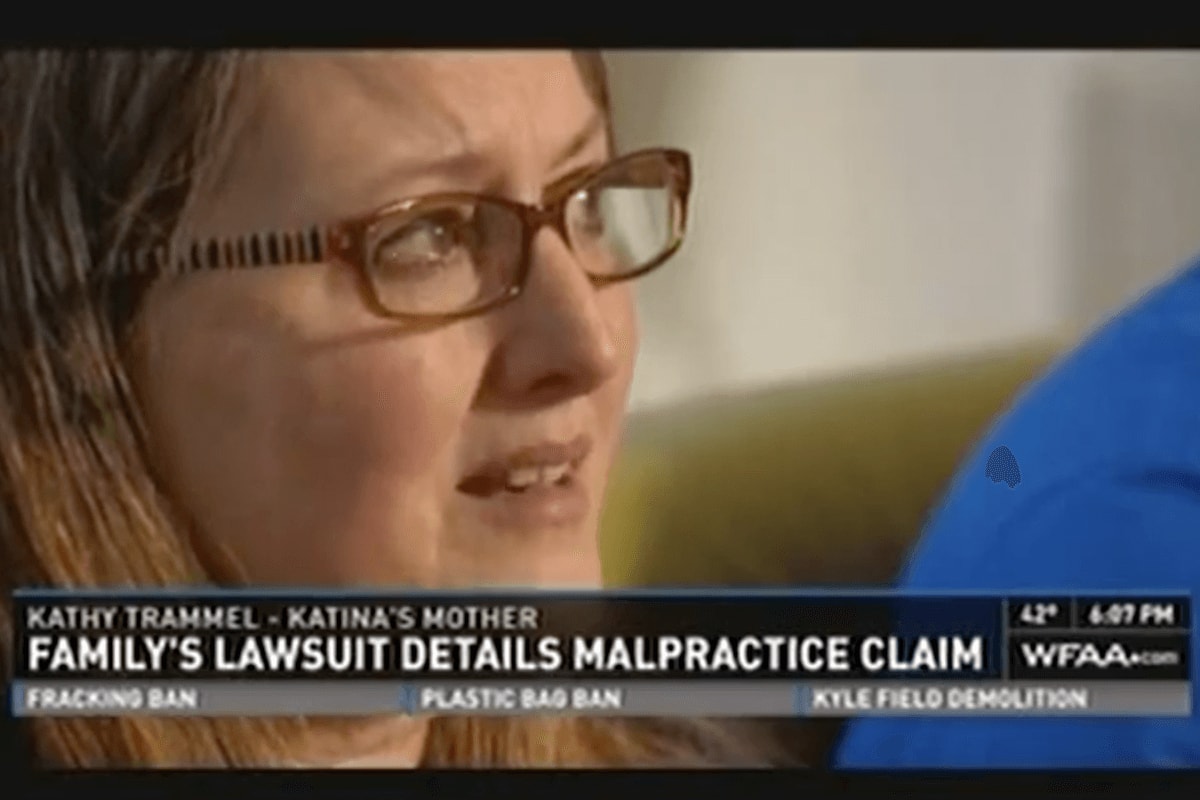
Dallas Doctor Hit With $19.7M Verdict After Patient Death
A Dallas County jury delivered a $19.7 million verdict against a local doctor on behalf of the family of Katina Clark, who spent more than a year in a permanent vegetative state before her death following brain damage she sustained as a patient at the same hospital where she worked as a surgical technician.
The medical providers refused to accept responsibility, but Chris Hamilton was able to get the woman’s husband and two small children the compensation they deserved from the hospital and the doctors.
“We are thankful to the jury and the court for their hard work in this case, which ended with the right result,” attorney Chris Hamilton said. “No amount of money will bring back Katina, and she never should have died. Our hope is that this verdict will cause other health care professionals to take better care of their patients.”

Dallas Doctor Hit With $19.7M Verdict After Patient Death
A Dallas County jury delivered a $19.7 million verdict against a local doctor on behalf of the family of Katina Clark, who spent more than a year in a permanent vegetative state before her death following brain damage she sustained as a patient at the same hospital where she worked as a surgical technician.
The medical providers refused to accept responsibility, but Chris Hamilton was able to get the woman’s husband and two small children the compensation they deserved from the hospital and the doctors.
“We are thankful to the jury and the court for their hard work in this case, which ended with the right result,” attorney Chris Hamilton said. “No amount of money will bring back Katina, and she never should have died. Our hope is that this verdict will cause other health care professionals to take better care of their patients.”
Health Issues
In the summer of 2013, Katina Clark began feeling numbness in her legs. After visiting a doctor, she learned she was suffering from Guillain-Barré syndrome (GBS), a rare disorder that attacks the nervous system. The disease causes muscle weakness, making it difficult to breathe, and those who suffer from it often need the help of a ventilator. With proper medical care, most people who suffer from GBS make a full recovery.Katina had worked at Medical Center Arlington (MCA) as a surgical technician. After being diagnosed, she was admitted to MCA for treatment. Jennifer Burris, Katina’s doctor, made a small incision in her neck and inserted a tracheostomy tube, which was intended to allow her to breathe while the illness ran its course.
SOMETHING’S NOT RIGHT
A short time later, it was discovered that the tube hadn’t been inserted correctly, and Katina was getting less than half the air she needed to survive. Dr. Burris failed to monitor the situation accurately, and the leak went unrepaired. The next morning, a nurse turned Katina over without the proper help, and the tube became dislodged.
Katina went without oxygen for over 35 minutes, causing irreparable brain damage and leaving her in a vegetative state. She was put in a nursing home for over a year until she died in January of 2015.
While several defendants were named in the lawsuit, all except Dr. Burris and Acute Surgical Care Specialists chose to settle before the jury verdict. Katina’s family was represented by Chris Hamilton. As the trial progressed, evidence was presented showing that Katina’s tracheostomy was performed incorrectly. It was also shown that, despite knowing something was wrong, the hospital did nothing to correct it. There was no reason Katina couldn’t have recovered from her illness, and the evidence showed her death could have been prevented.
The trial lasted more than two weeks. Once all was said and done, it took the jury less than three hours to hand down its verdict. Hamilton was able to win a $19.7 million compensatory damages verdict—the largest medical malpractice verdict in Texas—and ensure that Katina’s husband, Caden, would be able to care for their two small children. More importantly, he was able to send a message to hospitals and doctors everywhere that they will be held accountable when they ignore or abandon a patient in potential danger.
Health Issues
In the summer of 2013, Katina Clark began feeling numbness in her legs. After visiting a doctor, she learned she was suffering from Guillain-Barré syndrome (GBS), a rare disorder that attacks the nervous system. The disease causes muscle weakness, making it difficult to breathe, and those who suffer from it often need the help of a ventilator. With proper medical care, most people who suffer from GBS make a full recovery.Katina had worked at Medical Center Arlington (MCA) as a surgical technician. After being diagnosed, she was admitted to MCA for treatment. Jennifer Burris, Katina’s doctor, made a small incision in her neck and inserted a tracheostomy tube, which was intended to allow her to breathe while the illness ran its course.
SOMETHING’S NOT RIGHT
A short time later, it was discovered that the tube hadn’t been inserted correctly, and Katina was getting less than half the air she needed to survive. Dr. Burris failed to monitor the situation accurately, and the leak went unrepaired. The next morning, a nurse turned Katina over without the proper help, and the tube became dislodged.
Katina went without oxygen for over 35 minutes, causing irreparable brain damage and leaving her in a vegetative state. She was put in a nursing home for over a year until she died in January of 2015.
While several defendants were named in the lawsuit, all except Dr. Burris and Acute Surgical Care Specialists chose to settle before the jury verdict. Katina’s family was represented by Chris Hamilton. As the trial progressed, evidence was presented showing that Katina’s tracheostomy was performed incorrectly. It was also shown that, despite knowing something was wrong, the hospital did nothing to correct it. There was no reason Katina couldn’t have recovered from her illness, and the evidence showed her death could have been prevented.
The trial lasted more than two weeks. Once all was said and done, it took the jury less than three hours to hand down its verdict. Hamilton was able to win a $19.7 million compensatory damages verdict—the largest medical malpractice verdict in Texas—and ensure that Katina’s husband, Caden, would be able to care for their two small children. More importantly, he was able to send a message to hospitals and doctors everywhere that they will be held accountable when they ignore or abandon a patient in potential danger.

